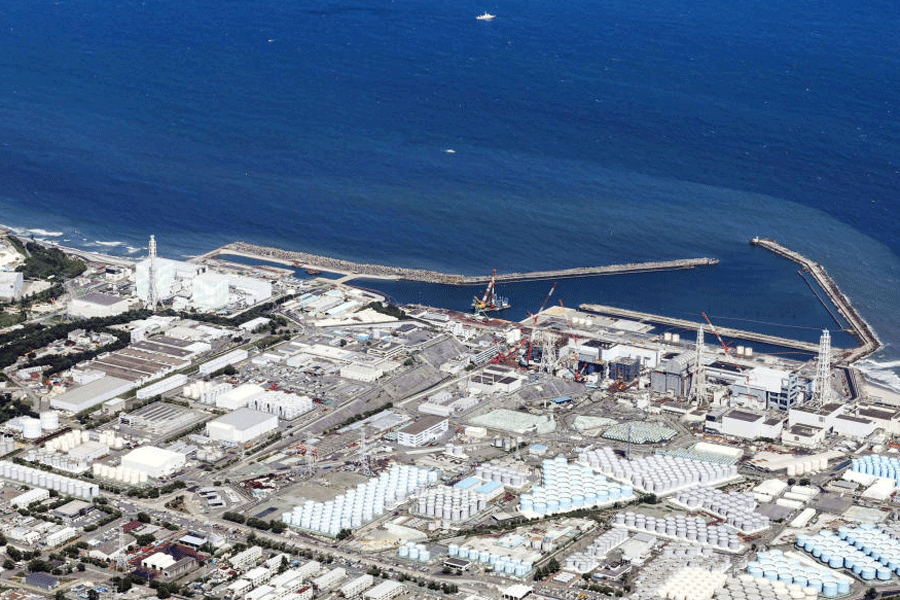Japan started releasing treated radioactive water from the wrecked Fukushima nuclear power plant into the Pacific Ocean on Thursday, a polarising move that prompted China to announce an immediate blanket ban on all aquatic products from Japan.
China is “highly concerned about the risk of radioactive contamination brought by... Japan’s food and agricultural products”, the customs bureau said in a statement.
The Japanese government signed off on the plan two years ago and it was given a green light by the UN nuclear watchdog last month. The discharge is a key step in decommissioning the Fukushima Daiichi plant after it was destroyed by a tsunami in 2011.
Plant operator Tokyo Electric Power (Tepco) said the release began at 1:03pm local time (0403 GMT) and it had not identified any abnormalities.
However, China reiterated its firm opposition to the plan and said the Japanese government had not proved that the water discharged would be safe.
“The Japanese side should not cause secondary harm to the local people and even the people of the world out of its own selfish interests,” its foreign ministry said in a statement. Tokyo has in turn criticised China for spreading “scientifically unfounded claims”.
It maintains the water release is safe, noting that the International Atomic Energy Agency (IAEA) has also concluded that the impact it would have on people and the environment was “negligible.”
Japan has requested that China immediately lift its import ban on aquatic products and seeks a discussion on the impact of the water release based on science, Prime Minister Fumio Kishida said.
Japan exported about $600 million worth of aquatic products to China in 2022, making it the biggest market for Japanese exports, with Hong Kong second. Sales to China and Hong Kong accounted for 42 per cent of all Japanese aquatic exports in 2022, according to government data.
China customs did not give details on the specific aquatic products impacted by the ban and did not immediately respond to a request for comment. The Fukushima Daiichi plant was destroyed in March 2011 after a massive earthquake generated powerful tsunami waves causing meltdowns in three reactors.










